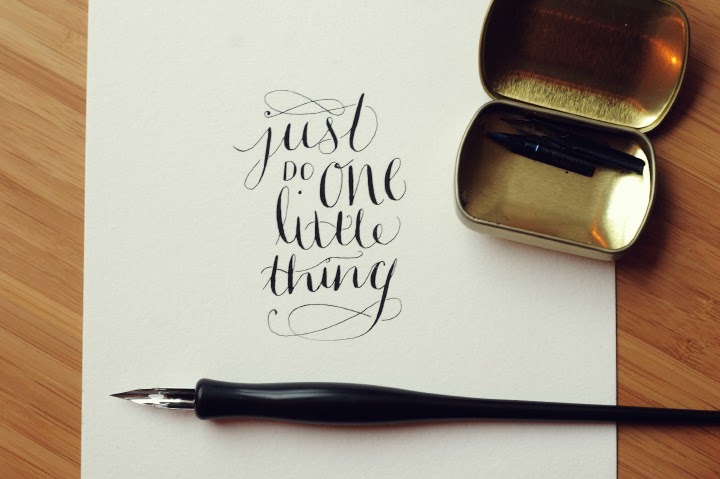Multi (bleep bleep) tasking. Let me get straight to the point: Do away with multitasking.
Multitasking is detrimental to your productivity, and it increases your risk of a burn-out. This is what Neuropsychiatrist Theo Compernolle states in an interview with Belgian magazine Eos-Psyche & Brain.
What is the main reason for the human brain not to be able to multitask?
“Our thinking brain does not have the ability to perform multiple tasks simultaneously. If we have more than one input channel to use at the same time, we jump back and forth between those two tasks. It is an illusion to think that our brain has adapted to multitask. In evolutionary terms, human beings would need at least three hundred thousand years more. However, the thinking brain can indeed work just fine with the reflex brain, such as when driving. The thinking brain only jumps in action at events that are not part of the routine.”
Why is it that we want to do every so many things at once?
“On the Internet, we are tempted with all kinds of interesting but utterly irrelevant information. We use the slightest excuse to lure at the screen whilst occupied with other activities. The most irresistible beeps to our brains have been developed to increase this impulse even more. If you take a look at a social media channel like WhatsApp, then you will feel how social pressure is maximized for instant replies. The sender receives a notification as soon as the receiver has seen the message. This leads to situations where teenagers keep their smartphone on through the night in order to answer messages straight away. Interruptions during sleep are detrimental for teenagers.”
How do we get away from these temptations?
“Your private activities on Facebook or Instagram should never be mixed with your professional life. You will constantly be distracted and work less efficiently. But it’s not just about social networking. If you go straight to your professional e-mail on your smartphone, tablet or computer at every beep, you’re in line with multitasking. There are a lot of people who even hear “phantom beeps” when it’s quiet. That fact speaks for itself. If they’re interrupted by all the distractions for an hour, they will never be able to work efficiently. Because it’s amazing how much time, energy, memory and brainpower is lost when your job constantly changes. It actually takes work three or four times as long to complete, and the quality will be less than if you really focus. And you experience more stress. “

How to react?
“It’s wise to make a list before going to sleep with the main tasks of the next day. In the first part of the night the archivists of your brain is busy processing all the information, and then they prepare for the next day. Your brain is so ready for that important tasks, and that you affect when you first look at Facebook or open your mailbox. Commit yourself to the first half hour of your workday to only spend on the most important part of your work. With our full attention in blocks of work, that’s the big secret. “
Isn’t this hard to realize in a busy office environment, such as landscape offices?
“Landscape Offices are a disaster. Some English scientists call them the “torture chambers of the 21st century” for the brain. It is astonishing that people can still be creative in open environments. If you have not other choice but to work in open offices, then I would strongly advise to use headphones, earplugs and blinders. ”
How important are breaks?
“It’s a misconception to think that those small breaks – like e.g. going to the toilet, getting a coffee or waiting until everyone has arrived for a meeting – are lost time. These are moments of recovery and archive. Do not ruin it by not being busy on your phone. Imagine Steve Jobs being on his ismartphone all the time like most of us: he never would have invented the iPhone. ”
Is there a link between the online culture and burn-out?
“There is definitely a connection. Many people are robbing their bodies and their brains. I am convinced that we will see more burn-outs in younger people because there is never any mental pause. There is however a solution to that problem: Stop multitasking. It is a vicious circle: the more you multitask, the longer each task takes and the less time you then hold on. “
